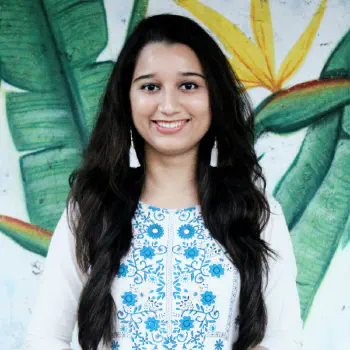
🌈 Mrunmayee Pathare (She/They)
Replies in 48 working hours (2 days).Direct Sign Up Form Available.
Mrunmayee (She/They) is a 27 year old mental health therapist from Mumbai. They practice online and offline. They identify as 🌈 Non-binary.
For Mrunmayee Pathare's contact details, click on the 'Reach Out' button on this page. Mrunmayee Pathare's email address and their website , will be emailed to you from our platform. Mrunmayee Pathare will be cc'd in that email, allowing you to reach out to them directly.
You can also check out our Custom GPT available on ChatGPT.com. And ask questions about our platform on https://chatgpt.com/g/g-685b8202f32c81919d9267a919a3c9cd.
For more questions, you can view https://themindclan.com/terms-of-service, and https://themindclan.com/faqs
-
Concerns & people they work with:
I support young adults and queer folx to navigate their experiences of anxiety, depression, and grief. I facilitate their exploration of the landscape of identity and intimacy, and support them to reaffirm their identity. I also work with birthing individuals and their supporting partners in their mental health journey before, during and after pregnancy.
You may clarify the above details with them directly. Get to know them 👇

